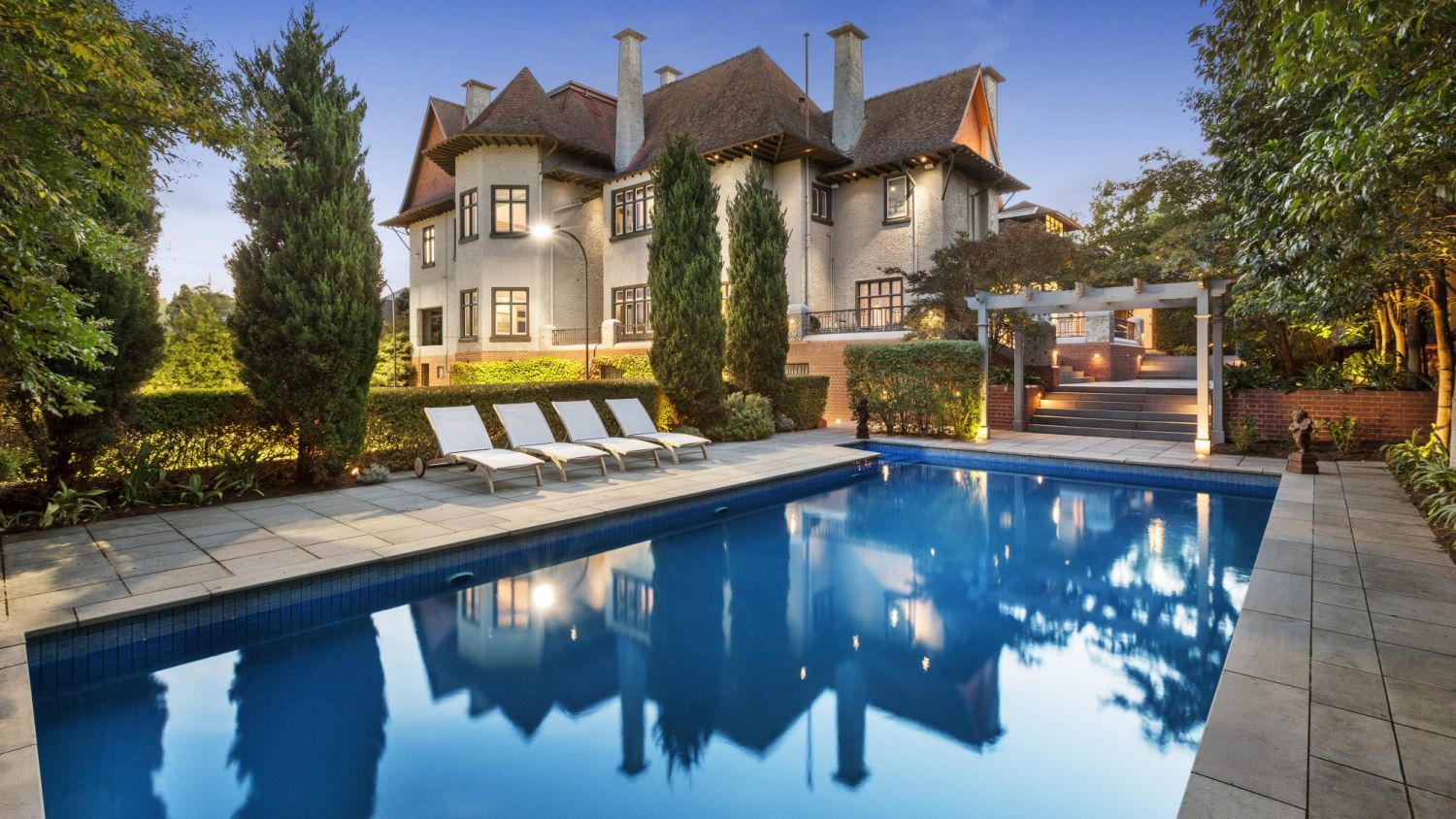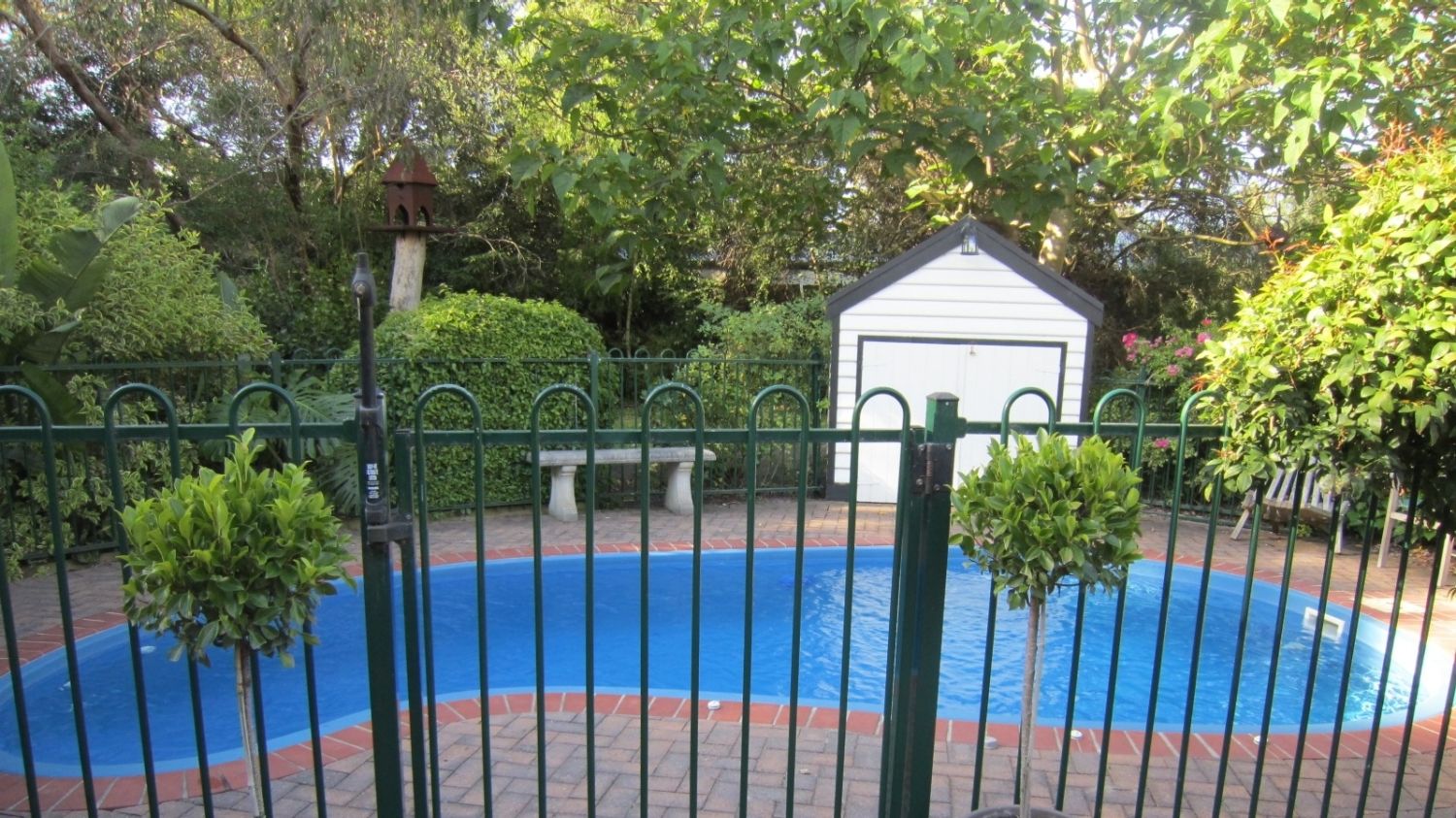A two-year-old boy has been rushed to hospital in a serious condition after being pulled from a swimming pool in Sydney's Seven Hills. Vision: Seven News
Doesn’t everyone love a house with a swimming pool? Don’t bet on it. A property with even the grandest pool can alienate some prospective buyers.
Cost and maintenance issues are the biggest roadblocks to purchasing a home with a pool, and now one of the most expensive obstacles — fencing — is set to get all the more onerous.
 The state coroner previously called on the government to implement better pool safety measures. Photo: Robert Banks
The state coroner previously called on the government to implement better pool safety measures. Photo: Robert Banks
Victorian backyard pools and spas will soon be required to be fully-fenced, under reforms proposed by the state government in May.
- Join the lah-dee-dah swimming-pool club? No thanks
- How a swimming pool adds prestige to a property
- What Australians most want to change about their homes
The new legal requirements mean houses will no longer be able to form part of a pool barrier and uniform standards will apply for all pools regardless of when they were built.
The changes follow the drowning death of a Croydon South toddler in his unfenced backyard pool last October.
 Pools have long been thought to add prestige to homes. Photo: Domain.com.au
Pools have long been thought to add prestige to homes. Photo: Domain.com.au
Under planning minister Richard Wynne’s regulatory overhaul, pool and spa owners will be given a period of grace but will have to comply by 2020.
Melbourne-based architect and buyer’s advocate Adam Woledge says home owners installing a glass fence and compliant barriers will need to spend about $15,000 or they could opt for a temporary aluminium fence costing $2000.
Mr Woledge says many homes built in the 1980s and 1990s had pools built close to the rear of the dwelling, with the living areas often opening directly onto the pools.
 Safety first: check your pool fence against the new laws. Photo: Samantha Robin / Fairfax Media
Safety first: check your pool fence against the new laws. Photo: Samantha Robin / Fairfax Media
“To get a fence in between the house and the pool, you might have to change the structure of the house,” he says. “Fencing a pool can really affect the integrity of the design intent.”
Tim Heavyside, who sells eastern suburbs homes for Fletchers Real Estate, says he fully endorsed the tougher fencing laws. He’s seen a number of unsafe swimming pools recently being sold with properties.
“Some people don’t want a swimming pool,” Mr Heavyside says. “They see a property with a pool and say, ‘No, I don’t want that one.’ But at a certain price point for a home – I am talking $3 million to $6 million – people expect a pool.”
He says a pool often polarises buyers and that many people who aspire to owning one usually don’t want to do the maintenance themselves.
With winter taking hold in Melbourne, residential buyers are all too aware that an outdoor pool is typically used for three months of the year. For many, that means the land a pool occupies could be put to an alternative and better use.
Barry Plant’s James Hatzimoisis, who sells in the outer north-western suburbs, says prospective buyers often tell him that pools don’t add value.
“I beg to differ because the person who is going to buy a property with a pool is the person who wants a pool,” he says.
“Pools are popular with entertainers. Nowadays with alfresco areas and outdoor kitchens being all the go, people love to have a pool as well. The fact that laws are changing with regard to fencing is just something that has to be factored into the equation.”
Mr Hatzimoisis notes that a big part of the appeal of pools is they allow parents to keep an eagle-eye on their children. The kids and their friends tend to muck about in the pool, staying on the property, he says.
Mr Woledge couldn’t agree more. “A pool can be a big asset for a family home, particularly today when parents want better security for their children. From that point of view, a pool can add a lot of value in a lifestyle sense.”
But it’s in the financial sense that doesn’t always stack up.
Putting pool into an existing home site will add little value, if any. Those interested in having a pool are generally better off buying or building a purpose-built pool home.
Remember, too, that regular advances in pool technology, such as magnesium water systems and wet-edge construction, mean a pool can soon look dated.
“Pools have similar depreciation levels to cars,” Mr Woledge says.


